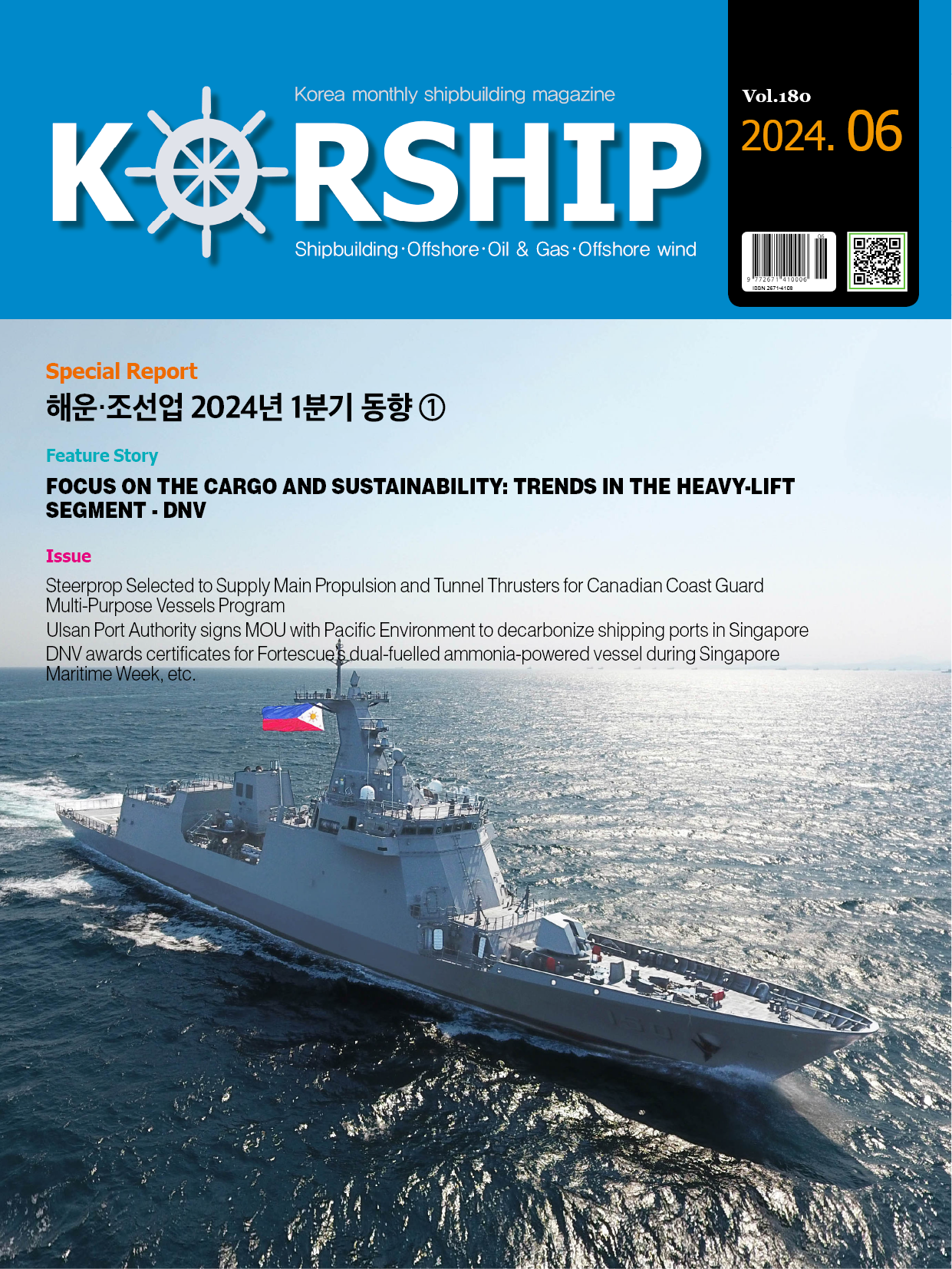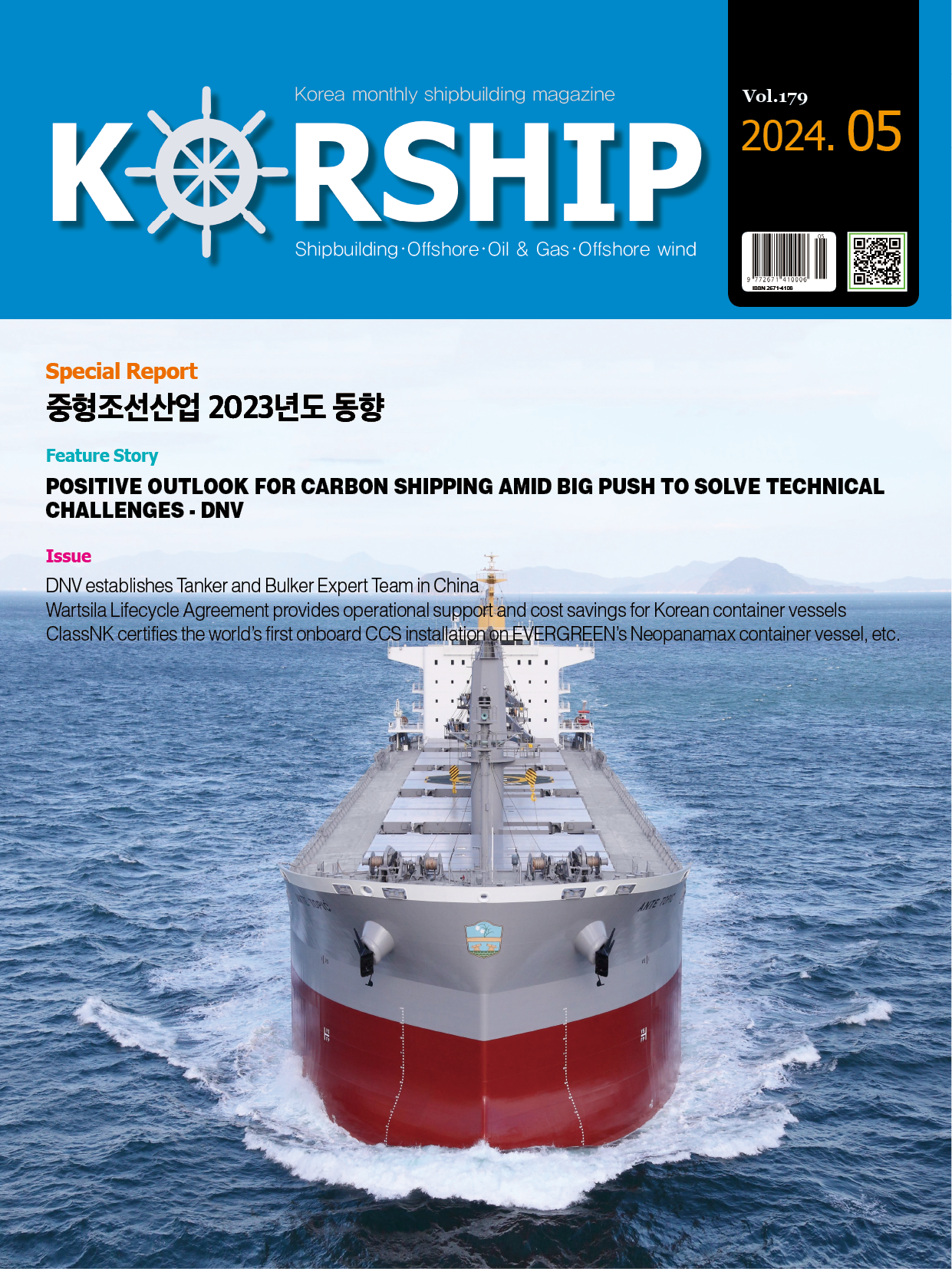Issue APH and The Society for Gas as a Marine Fuel team up to accelerate pro…
페이지 정보
작성자 최고관리자 댓글 0건 조회 1,677회 작성일 21-12-15 15:27본문
MOU outlines how SGMF and IAPH plan to share knowhow on safe, effective, sustainable supply and use of all gases as marine fuel.
A Memorandum of Understanding(MoU) has been signed by The Society for Gas as a Marine Fuel and IAPH with its Clean Marine Fuels Working group to work together to increase understanding about the safe, effective and sustainable use of all gases as marine fuel. In particular, the potential use of Ammonia will be investigated from source to ship with all related safety, operational and sustainability considerations.
The agreement effectively brings together the principal technical stakeholders needed to accelerate the adoption of alternative liquified gas fuels at ports: SGMF with its energy majors, gas suppliers, equipment manufacturers, technology providers, classification societies, shipyards, ship owners and operators with the world’s principal port authorities and terminal operators from IAPH.
Mark Bell, General Manager and COO of SGMF commented: “The Society for Gas as a Marine Fuel (SGMF) was formed in 2013 with the primary objective of advocating the safe and sustainable use of low flashpoint fuels for ships. Safety is the prevalent factor and as the industry transitions towards an inevitable low carbon future, at SGMF we are looking forward to working with IAPH’s experts from ports, many of whom are either already operational or who are in the process of implementing infrastructure that provides alternative fuels to vessels.”
IAPH Technical Director Antonis Michail commented, “As with the recent commenting paper submitted by IAPH to the IMO on the case for MBM revenue allocation to land-based infrastructure, it is our belief that ports may serve as the key link between the land-based fuel producers and the sea-based fuel consumers, as well as the link between fuel production and other non-shipping fuel consumers. Ports have the potential to act as energy hubs as a cheaper and safer alternative than storing it elsewhere. SGMF members with their technical competences have the potential to help us make that happen.”
Capitalising on over a decade of knowhow on bunker checklists, audit tools to evaluate terminal operator concessions and terminal readiness guidance with tried and tested procedures to ensure rigorous operational safety when handling LNG will now also be applied to new alternative fuels such as ammonia, hydrogen and methanol.
This has become a major focus of the IAPH Clean Marine Fuels(CMF) Working Group. Policy advisor to the Port of Amsterdam and Chair of the CMF Peter Alkema comments: “Our Working Group is busy developing a generic audit tool as well as truck-to-ship and ship-to-ship bunker checklists for liquified gases, so being able to tap into the pool of experts from the SGMF will be extremely useful. As an example, a recent study by the Port of Amsterdam and DNV concluded that spacial safety considerations are especially important when considering the deployment of bunkering infrastructure for ammonia at ports. How to handle these issues will be for all stakeholders, not just the ports.”












